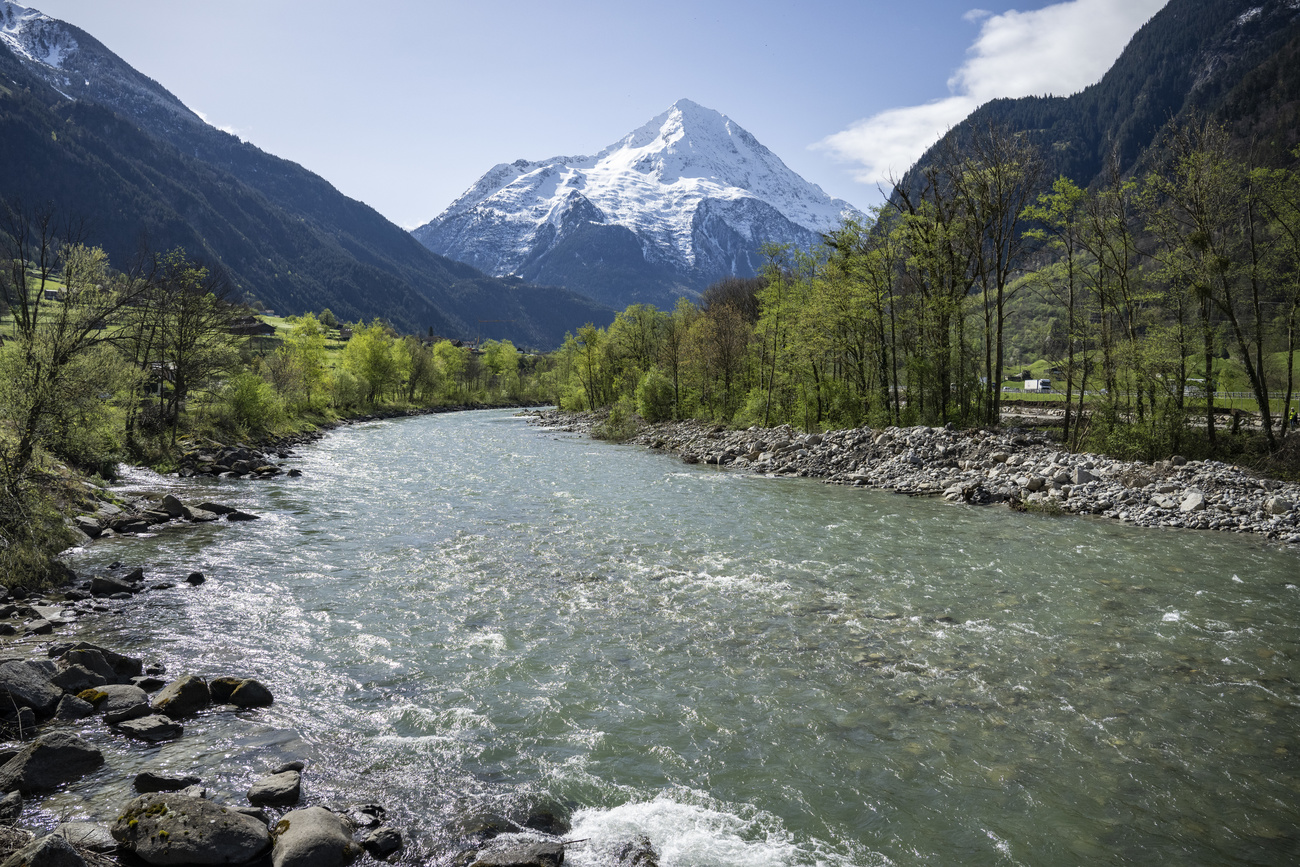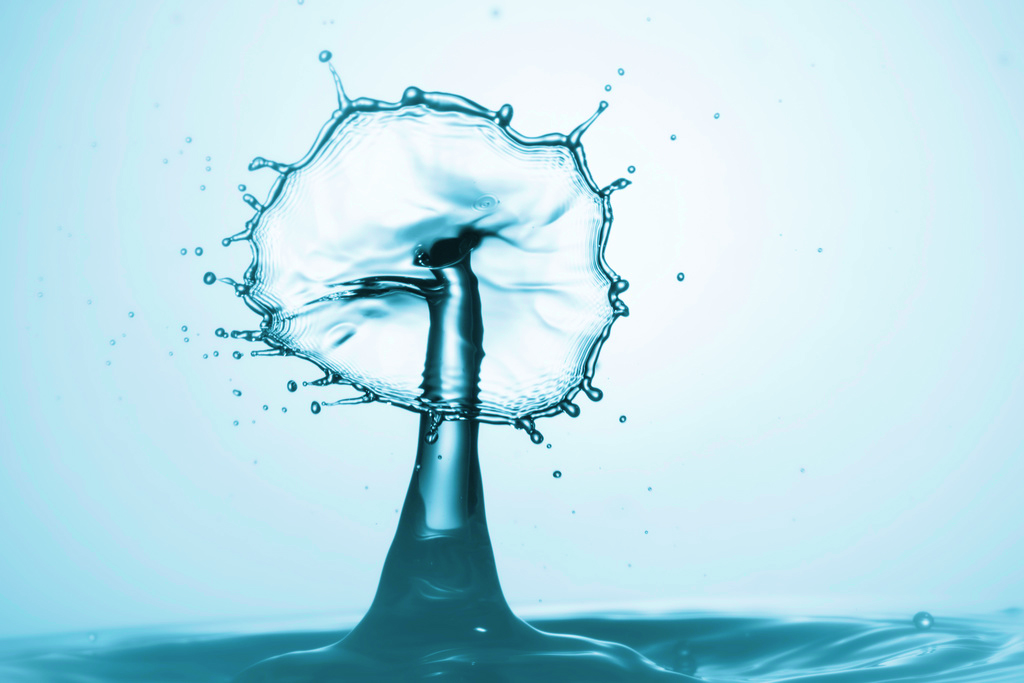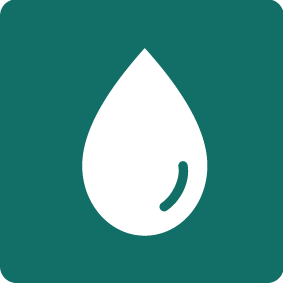
How clean is Swiss groundwater?

Groundwater is a vital resource, providing 80% of the drinking water supply in Switzerland. But it remains under pressure. Researcher Mario Schirmer talks about the importance of groundwater and the threats it faces globally.
+ Get the most important news from Switzerland in your inbox
SRF News: A few years ago, reports that groundwater from Switzerland’s central Plateau region was contaminated in many places caused consternation among the public. Is groundwater in Switzerland under increasing pressure?
Mario Schirmer: Yes, groundwater is under pressure, both in terms of the quantity of groundwater available and, of course, in terms of quality.
Mario Schirmer is a researcher and professor of water resources and drinking water at the Swiss Federal Institute of Aquatic Science and Technology (Eawag). He has been working on the topic of groundwater for over 30 years.
SRF News: What are the biggest challenges?
M.S.: One is urbanisation. Urban areas are expanding to where there used to be forests or meadows. If this continues, groundwater resources and quality will become increasingly limited.

More
Water shortage: Switzerland’s blue gold is under pressure
SRF News: What does this actually mean for groundwater?
M.S.: First, the renewal of groundwater will change. If rainwater falls on an open area like a meadow or a forest, then the groundwater will be of a very high quality.
But urbanisation limits the area where water can seep away to. A lot of water is then introduced locally at the edges of sealed surfaces into the aquifer and is perhaps of poorer quality because the water has already absorbed substances from sealed surfaces or roofs. Also, the wastewater that we produce has to be discharged somewhere.
SRF News: What is the impact of climate change on groundwater in Switzerland?
M.S.: The climate crisis is leading to changes in precipitation patterns. Forecasts show that we will have roughly the same amount of rainfall in Switzerland over the next few decades. But we will have more winter precipitation. In summer, there may be a lack of water, which could lead to droughts. And if we want to maintain the drinking water supply and irrigation in agriculture, then the aquifers could fall more than they have in recent times.
Many people are unaware that 80% of Swiss tap water is groundwater (and 20% lake water). Half of this 80% is pumped groundwater and the other half is water from springs.
SRF News: How can groundwater resources be saved during dry periods?
M.S.: The aquifers are replenished by rain or melting snow. If this is not sufficient, surface water is artificially infiltrated at the waterworks so that it then becomes groundwater and can be pumped as drinking water. This is already happening in some parts of Switzerland. We need to consider whether this artificial replenishment of groundwater should also be used in other places.
SRF News: What happens if we can’t preserve groundwater as an important drinking water resource?
M.S.: In Switzerland, we are in a very comfortable position. We have plenty of groundwater and can supply our population with a very stable supply for many decades to come.
But if we don’t manage to protect this resource, then it will be the same here as in other parts of the world. People will move to other areas when they no longer have anything to drink. This mass exodus and migration would also increase in our country.

In compliance with the JTI standards
More: SWI swissinfo.ch certified by the Journalism Trust Initiative





























You can find an overview of ongoing debates with our journalists here . Please join us!
If you want to start a conversation about a topic raised in this article or want to report factual errors, email us at english@swissinfo.ch.